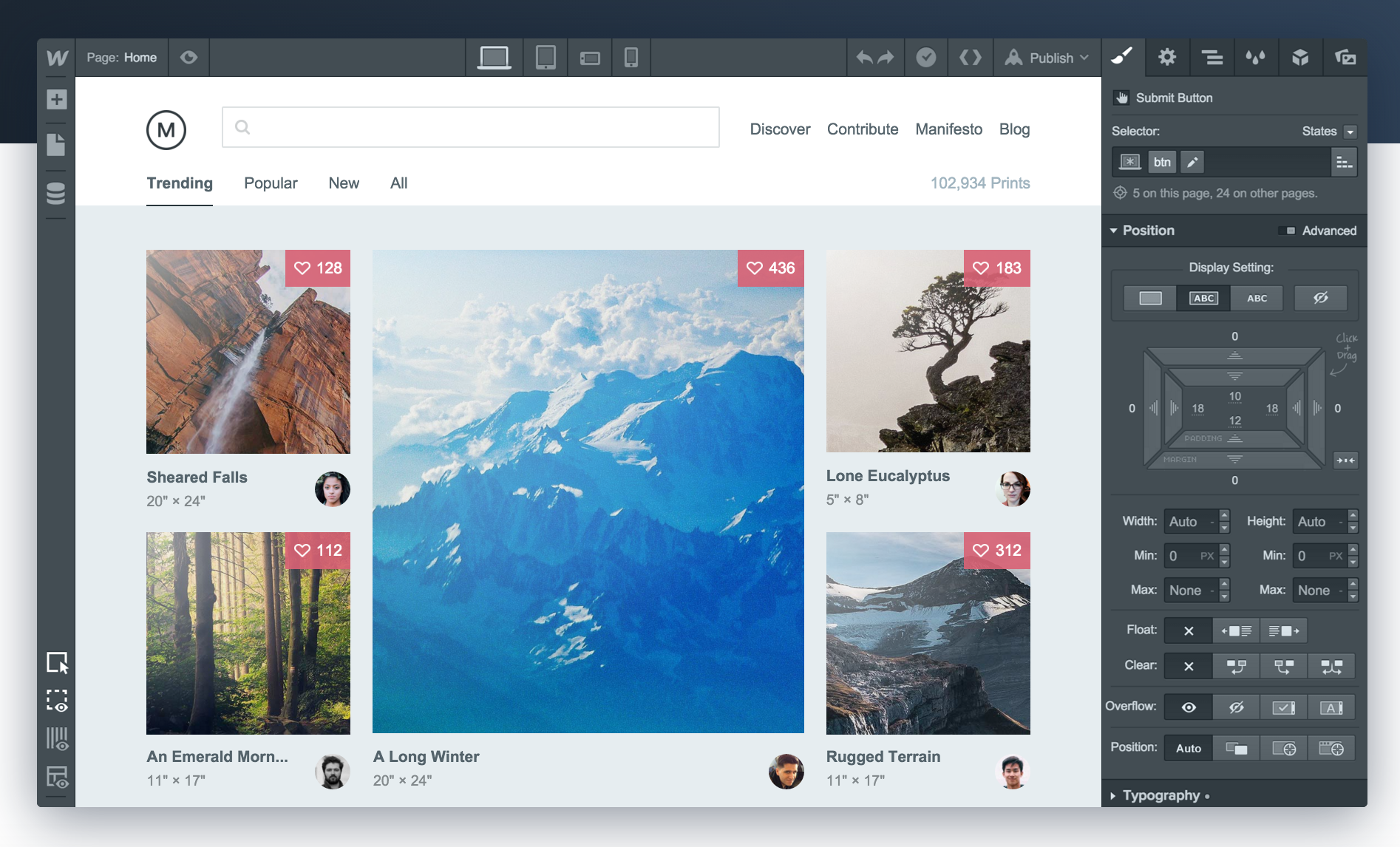Depending on the kind of audio you want to encode with Opus, you may want to use different bitrate (quality) settings.
The settings in the table below are meant to start you off with a decent tradeoff between good quality and small file size (or bitrate usage, if you're streaming).
Customize OPUS defaults for future solutions: share my solution: sharing explained: for data 15 min. required fields We may use. Medicaid (CMS), an agency of the US. Department of Health and Human Ser-vices. Contents do not necessarily reflect CMS policy. 10SOW-AL-C7-14-120 Quick Reference Guide Clinical Measures Education AMI ED PAIN ST SURGERY IMAGING CMS Quality Measures with Tips To Excel 2014 Measure and Improve—Each Patient Every Time. Medicare is the nation's largest health insurance program offered to seniors (65 years or older) and other eligible beneficiaries. Medicare was established to provide health insurance benefits to Americans receiving social security (typically, retired workers). Reviews from Opus CMC employees about Opus CMC culture, salaries, benefits, work-life balance, management, job security, and more.
You should test the suggested bitrate by actually listening to your encoded audio and then:
- tweaking the bitrate down if you think the quality is good, but the file size (or bitrate) is too big,
- tweaking the bitrate up if you think the quality is bad, and you can afford having bigger files (or a larger streaming bitrate).
| Use Case | Channels | Bitrate (Kb/s) | Notes |
|---|---|---|---|
| Low bandwidth HF/VHF digital radio | 1 (mono) | Use Codec 2 | Opus only supports bitrates down to 6 Kb/s. Codec 2 handles ultra low bitrate speech at 0.7 - 3.2 Kb/s. |
| VoIP | 1 | 10 - 24 | 10 Kb/s will deliver narrowband most of the time, 24 Kb/s should give fullband. More details in the relevant table further down this page. |
| Audiobooks / Podcasts | 1 | 24 | Bitrates from here on up tend to deliver fullband audio. |
| 2 (stereo) | 32 | ||
| Music Streaming / Radio | 2 | 64 - 96 | Opus has better quality than MP3, AAC and Vorbis at these rates. (listening test results: 64 Kb/s, 96 Kb/s) |
| Music Storage | 2 | 96 - 128 | Opus at 128 KB/s (VBR) is pretty much transparent. |
| 6 (5.1 surround) | 128 - 256 | For surround sound, Opus uses surround-sound bitrate allocation. | |
| 8 (7.1 surround) | 256 - 450 | ||
| Music Archiving | 1 - 8 | Use FLAC | If you are archiving audio, use a lossless audio format to prevent generation loss. |
For the more technical Opus users, here are some details to help you fine-tune your decision on which bitrate best fits your needs.
Opus Cms 2010 + Crack
Mono or Stereo
Opus tends to start downmixing stereo inputs to mono from roughly 19 Kb/s and lower.You can check the details in the opus_encoder.c source file.
You can force downmixing at any bitrate by using the following command-line parameters:
--downmix-mono - downmixes all input channels to mono
Opus Cms Crack
--downmix-stereo - downmixes all input channels to stereo (if there are more than 2 input channels, e.g. surround sound)
Bandwidth Transition Thresholds
The following table shows rough bitrates that you might want to use to encode audio that has limited frequency bandwidths.This could be useful if your audio has already been bandpassed, or should go through a bandpass filter (e.g. VoIP speech).
| Bandpass Range (Hz) | Rough Bitrate Required (Kb/s) | |||
|---|---|---|---|---|
| Mono | Stereo | |||
| Voice | Music | Voice | Music | |
| NarrowBand (3 - 4000) | 12 | 15 | ? | ? |
| MediumBand (3 - 6000) | 15 | 18-22 | ? | ? |
| WideBand (3 - 8000) | 16-20 | 22-28 | ? | ? |
| SuperWideBand (3-12000) | 24-28 | 28-32 | ? | ? |
| FullBand (3-20000) | 28-40 | 32-64 | 32-64 | 64-128 |

The details of Opus' bandpass thresholds can be found in the opus_encoder.c source file.
The HydrogenAudio wiki also has some great information on Opus and its usage.

Framesize Tweaking
Opus can encode frames of 2.5, 5, 10, 20, 40, or 60 ms. It can also combine multiple frames into packets of up to 120 ms.

Opus uses a 20 ms frame size by default, as it gives a decent mix of low latency and good quality.
For real-time applications, sending fewer packets per second reduces the overall bitrate, since it reduces the overhead from IP, UDP, and RTP headers.However, it increases latency and sensitivity to packet losses, as losing one packet constitutes a loss of a bigger chunk of audio.Unless operating at very low bitrates over RTP, there is no reason to use frame sizes above 20 ms, as those will have slightly lower quality for music encoding.
For these reasons, the default 20 ms frames are a good choice for most applications.
Trading Coding Efficiency with CPU Time
The Opus encoder uses its maximum algorithmic complexity setting of 10by default. This means that it does not hesitate to use CPU to give you the best quality encoding at a given bitrate.
If the CPU usage is too high for the system you are using Opus on, you can try a lower complexity setting. The allowed values span from 10 (highest CPU usage and quality) down to 0 (lowest CPU usage and quality).
Opus Cmc
